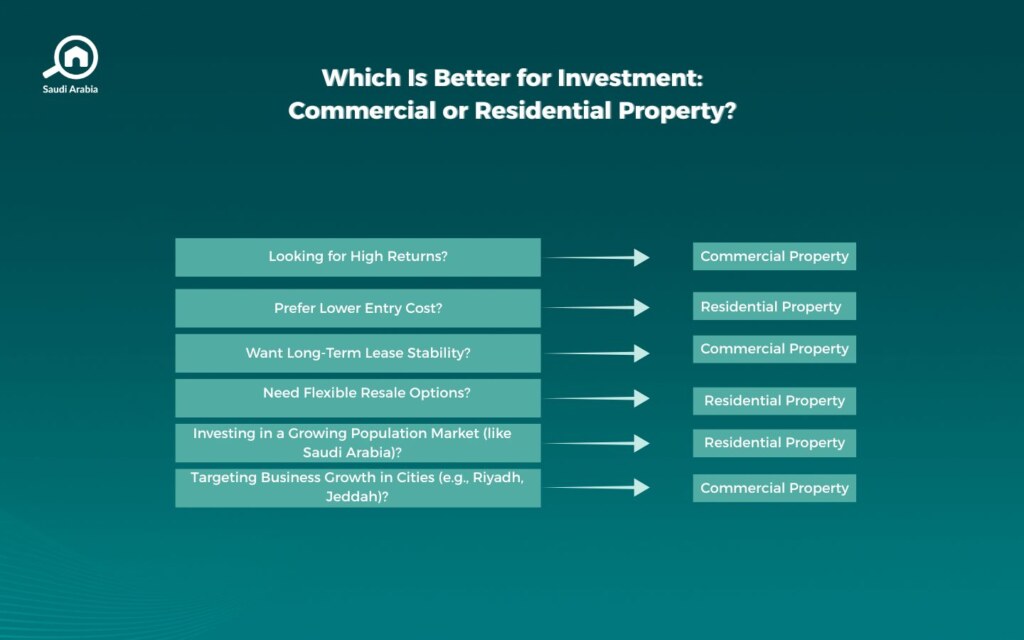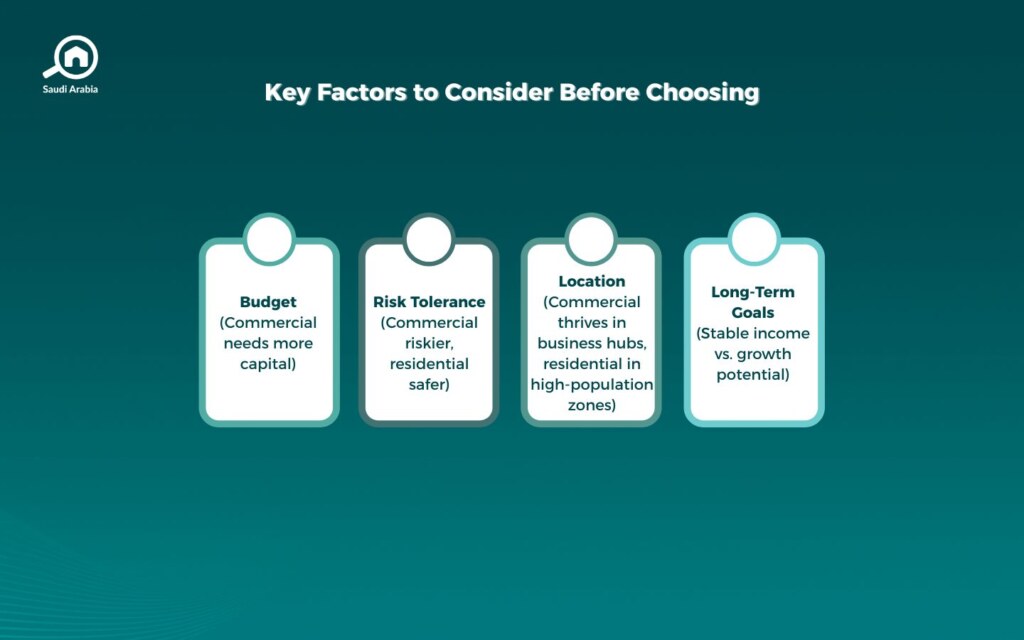In the real estate world, two terms are often confused: property management and facilities management. While they sound similar, each plays a distinct role in ensuring buildings are not only functional but also profitable and well-maintained.
Understanding the difference between property management and facilities management is essential for property owners, tenants, and investors who want to make the most of their real estate assets.

What Does Property Management Mean?
Property management involves overseeing real estate assets to maximize returns while ensuring compliance with local regulations, as outlined by the Saudi General Real Estate Authority. Typical responsibilities include:
- Collecting rent and managing lease agreements
- Handling tenant communication and complaints
- Marketing vacant units to reduce vacancy rates
- Preparing financial reports for the property owner
- Overseeing legal compliance, such as contracts and real estate regulations
If you’d like to dive deeper, check out our full guide on Property Management in Saudi Arabia.
What Does Facilities Management Mean?
Facilities management focuses on operational efficiency and maintaining physical infrastructure, following global standards such as those recommended by IFMA. Instead of income generation, it emphasizes functionality, safety, and comfort for occupants. Common tasks include:
- Routine maintenance of HVAC, plumbing, and electrical systems
- Cleaning and janitorial services
- Safety inspections and compliance with building codes
- Managing shared services such as security and parking
- Energy efficiency and sustainability initiatives
So if you’ve ever wondered “What is another name for facilities management?”, you might hear it referred to as building management or operations management.
Comparison: Property Management vs. Facilities Management
Here’s a simple table to clarify the difference between property management and facilities management:
Aspect | Property Management | Facilities Management |
|---|---|---|
Aspect Main Goal | Property Management Maximize property value and income | Facilities Management Ensure smooth, safe, and efficient operations |
Aspect Key Focus | Property Management Tenants, leasing, finances | Facilities Management Maintenance, safety, daily operations |
Aspect Core Responsibilities | Property Management Rent collection, marketing, legal compliance | Facilities Management Repairs, cleaning, inspections, energy use |
Aspect Stakeholders Served | Property Management Property owners and investors | Facilities Management Occupants, employees, and visitors |
Aspect Performance Metrics | Property Management Rental income, occupancy rates, ROI | Facilities Management Safety standards, efficiency, sustainability |
Why Knowing the Difference Matters
For property owners, recognizing the difference between property management and facilities management helps in choosing the right service providers. Some companies specialize in one area, while others combine both for a full-service solution.
For example, in the case of shared properties, a hybrid approach is often necessary: property management ensures rent and contracts are in place, while facilities management guarantees that common areas and utilities are functioning properly.
Make sure you read our article on the 4 Pillars of Real Estate in Saudi Arabia.

Property Management and Facilities Management Are Two Sides of the Same Coin
While they serve different purposes, property management and facilities management complement each other. Property management drives profitability, while facilities management ensures smooth day-to-day operations. Together, they help maintain property value, tenant satisfaction, and long-term sustainability.
Understanding the difference between property management and facilities management is the first step for owners and investors to build a reliable and efficient real estate strategy.
Still want to dive deeper into real estate insights, uncover the latest market trends, and discover more? Follow our blog, My Bayut, for all the updates!





